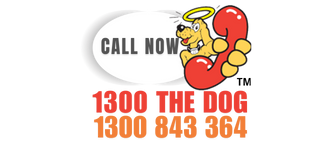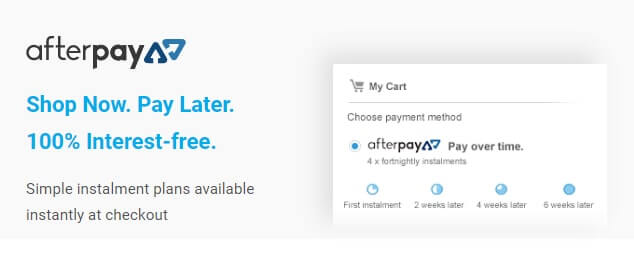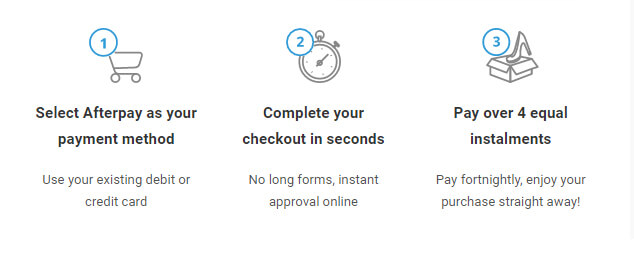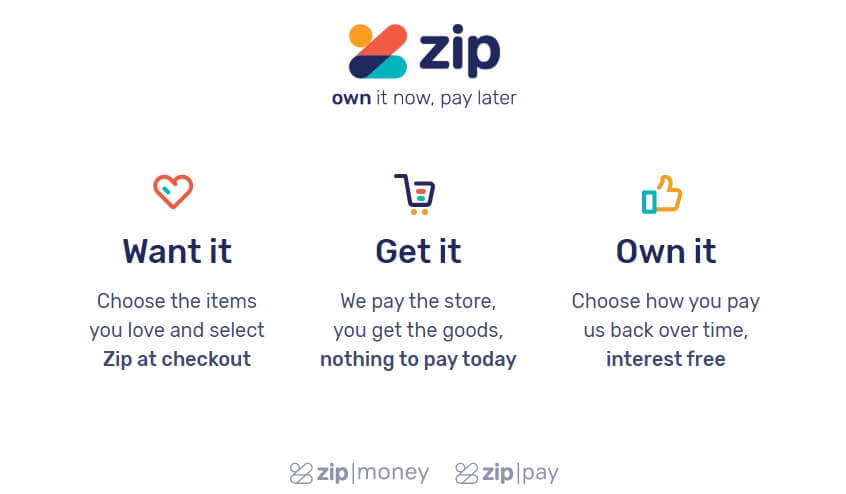New Year’s celebration is over and our dogs will face another noise turmoil - fireworks in celebration of Australia Day. I know you are excited but kinda worried for your dog, you know he’ll get anxious with the booms and bangs, and even the smell of fire-powder.
So, today, I will share some simple steps that you can do to help calm your dog down during fireworks.
How Do I Calm My Dog Down During Fireworks?
Follow These 5 Steps to Secure Your Dog & Help Him Calm Down During Fireworks (Click on each item to learn more):
Fireworks may sound and look exciting to us and we would love our dogs to understand that it’s something to marvel at… but they don’t. The sound and sight of fireworks are alarming to our canine (and feline) companions.
In other words, fireworks are one of the most prevalent causes of dog anxiety… and as responsible fur-parents, we need to prepare them for such occurrence.
Update Your Dog’s Tag or Microchip Information - Days Before Any Celebration that Involves Fireworks
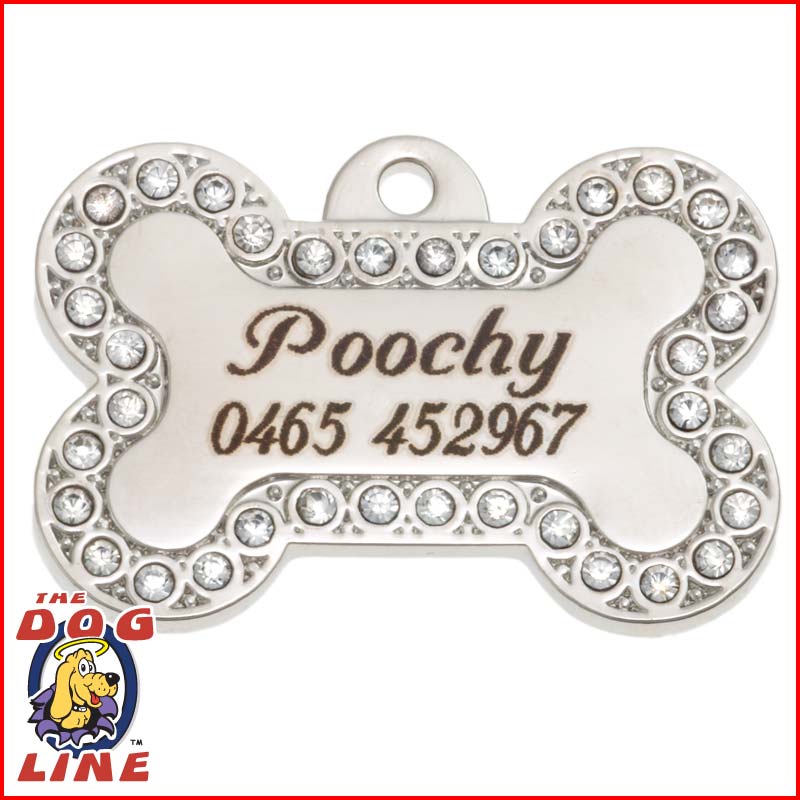 This is the first thing that you should do. Dogs instinct is to run and hide when presented with a disorienting event such as fireworks display.
This is the first thing that you should do. Dogs instinct is to run and hide when presented with a disorienting event such as fireworks display.
Your dog may jump over the fence and bolt off the way - we will prevent this from happening but it’s better to be ready, just in case.
So, always make sure to update your dog’s tag or microchip information, a few days before any celebration that involves fireworks.
Also, it is best to put your dog on a leash during the event… or provide a safe haven for your dog such as a crate or kennel for him to stay when the blasts come off.
Exercise Your Dog During the Day Before the Fireworks Event - a Tired Dog is a Calm Dog
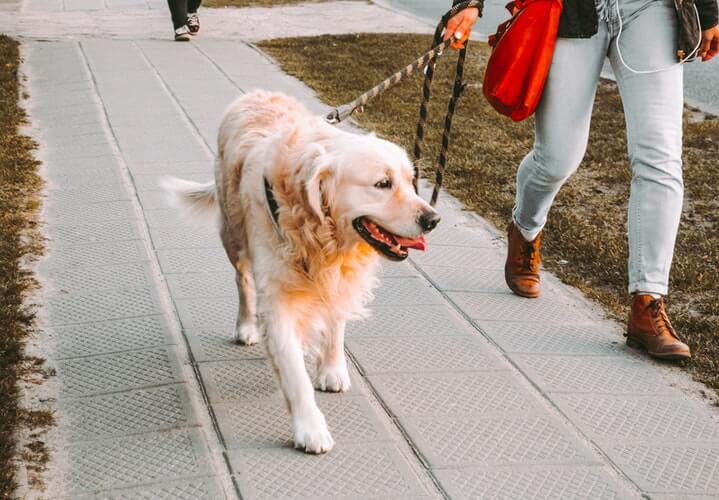 Getting your dog into a long walk or on a playful exercise during the day helps lessen any extra energy that may leverage his anxiety during the firework displays later in the evening.
Getting your dog into a long walk or on a playful exercise during the day helps lessen any extra energy that may leverage his anxiety during the firework displays later in the evening.
So, take time to walk your dog, or let him run some leaps at the park, or play with him to sort of tire him out - if your dog is tired during the fireworks event, the less anxious he will be.
Feed Your Dog Before the Fireworks Show Off and Always Provide Water to Calm Him Down
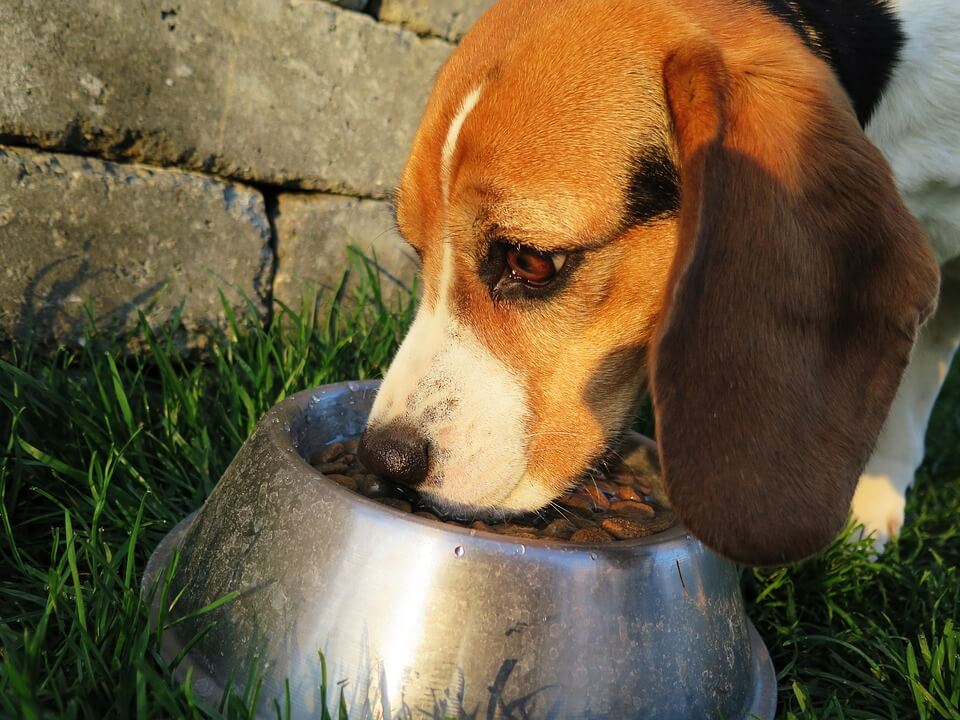 It’s best that you feed your dog before dark - before any fireworks display.
It’s best that you feed your dog before dark - before any fireworks display.
This is because most dogs lose their appetite when startled by the noise of fireworks and get even more disoriented when they smell the fire-powder.
Feeding your dog first, before the celebration, can help lessen any anxiety build-up during the fireworks show off.
Also, it is important that you give your dog easy access to water. This is because your dog’s body heat rises as he becomes anxious when hearing (and seeing) the fireworks.
You will also notice your dog panting as he becomes stressed out... and giving him water to drink helps him calm down.
Condition Your Dog with White Noise and Provide Toys & Treats to Help Him Calm Down
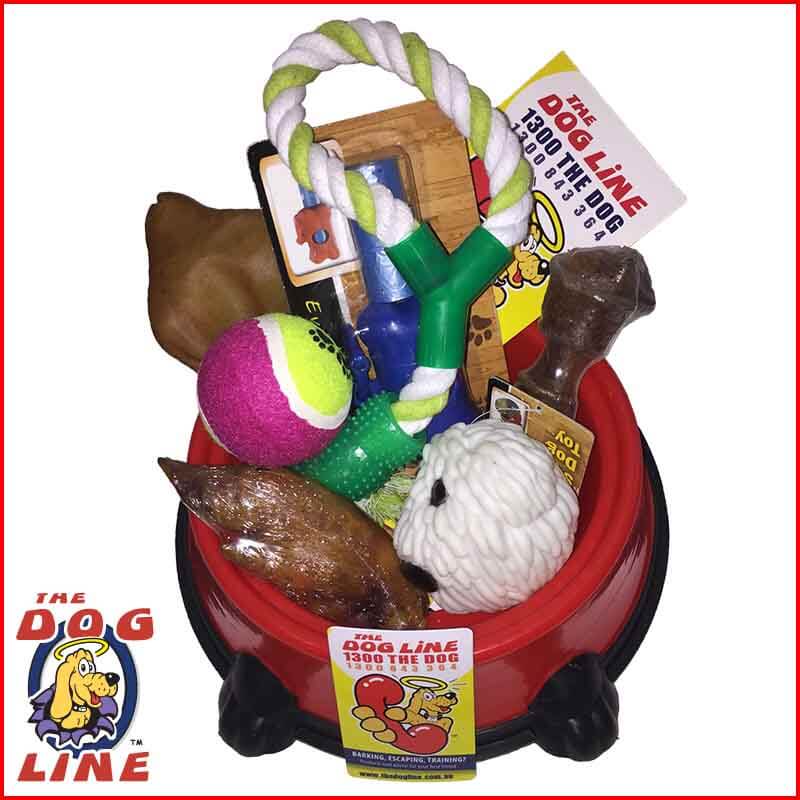 White noise or ambient noise is certain sound frequencies that may be loud but still tolerable to the ears and even if it becomes louder, it is still acceptable - so long as you gradually expose your ears to such noise surrounding.
White noise or ambient noise is certain sound frequencies that may be loud but still tolerable to the ears and even if it becomes louder, it is still acceptable - so long as you gradually expose your ears to such noise surrounding.
This type of noise conditioning works well with pets who need to be calm during fireworks - you can play some average to loud music before the “big event” or turn the TV volume higher.
Then, provide tasty dog treats and interactive dog toys - this is to give your dog something to do and divert his attention away from the scary sound or sight. If your dog is busy munching his treats… or playing with his toys, he will most likely relax even with the booming noise around.
Help Calm Your Dog with the Anti Anxiety Wrap
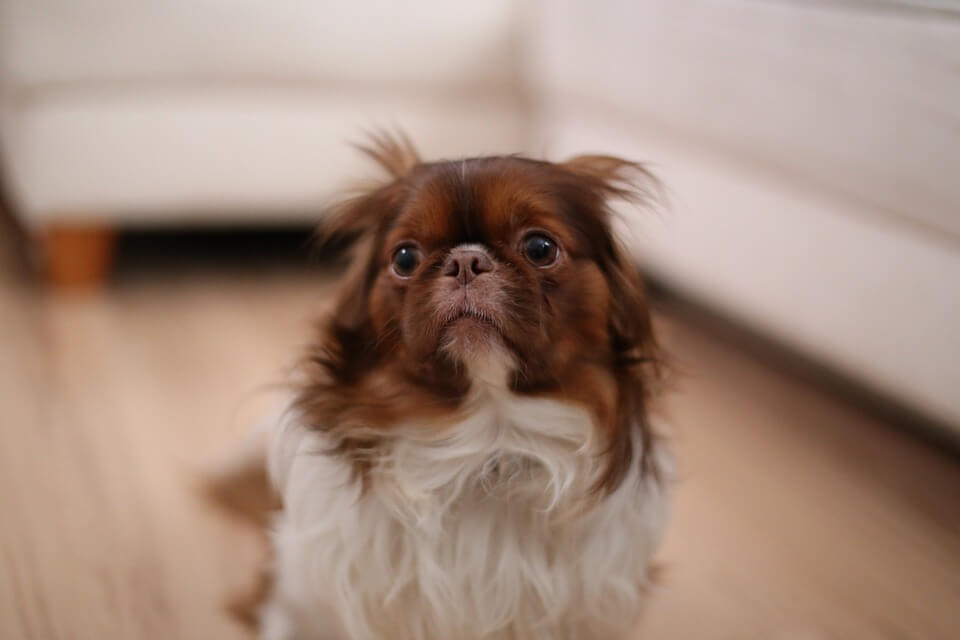 Covering your dog with the anti-anxiety wrap can help him calm down not only during fireworks but also during thunderstorms.
Covering your dog with the anti-anxiety wrap can help him calm down not only during fireworks but also during thunderstorms.
Now, the rule of thumb with the dog anti-anxiety wrap is that you should introduce your dog to the wrap first… than actually wrapping him when he starts to get stressed out or anxious.
So, it is best to practice wrapping your dog on a normal day… or during the day before any celebration occurs such as new year’s eve. This is to let your dog sense that the wrap is soothing or calming rather than restraining him.
How to Do the Dog Anti Anxiety Wrap?
You can use a long scarf or an elastic bandage like the Ace Bandage for the wrap. Follow the steps shown in the image below:
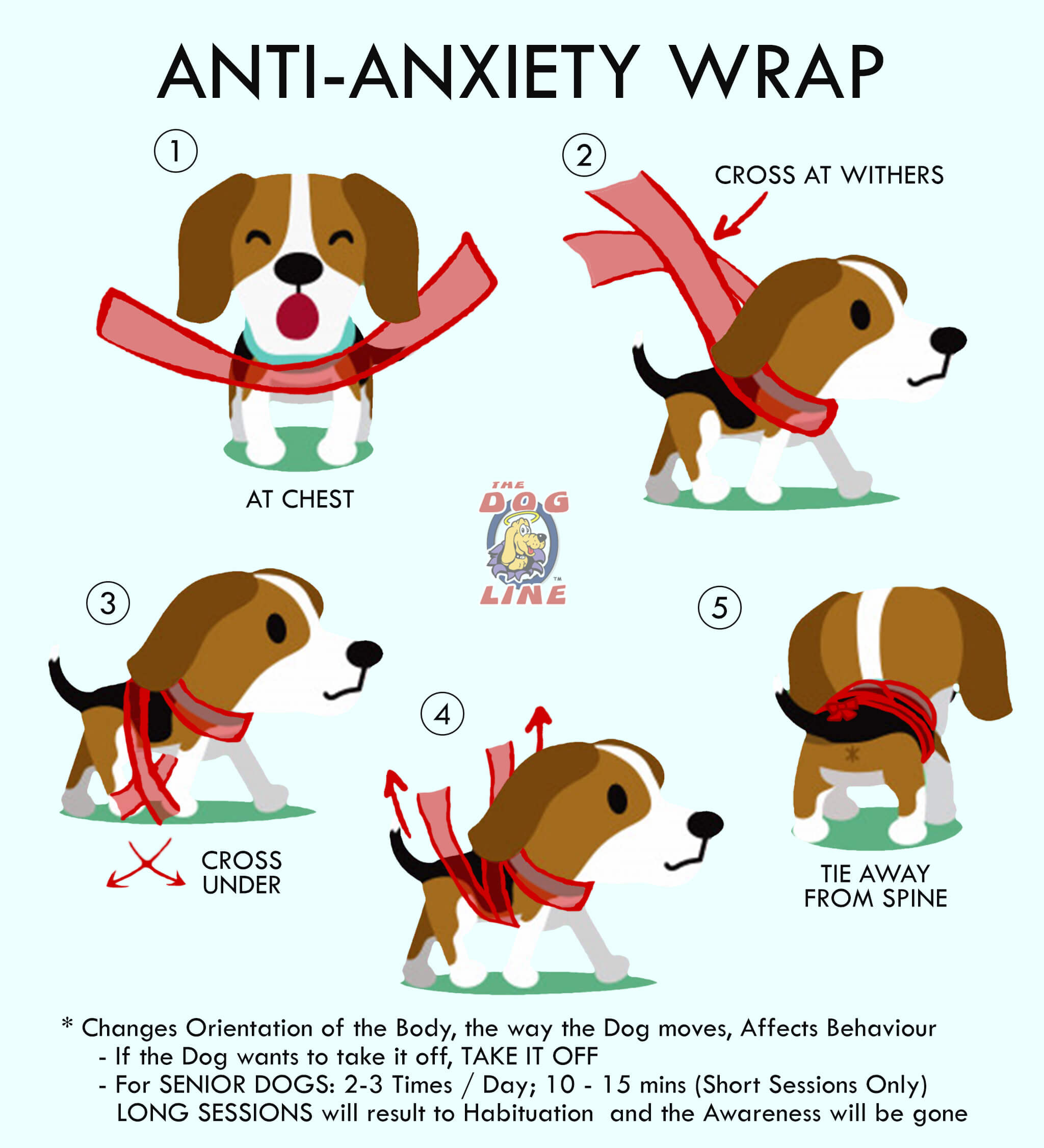
For a closer and more realistic look, the anti-anxiety wrap should look like this on your dog:
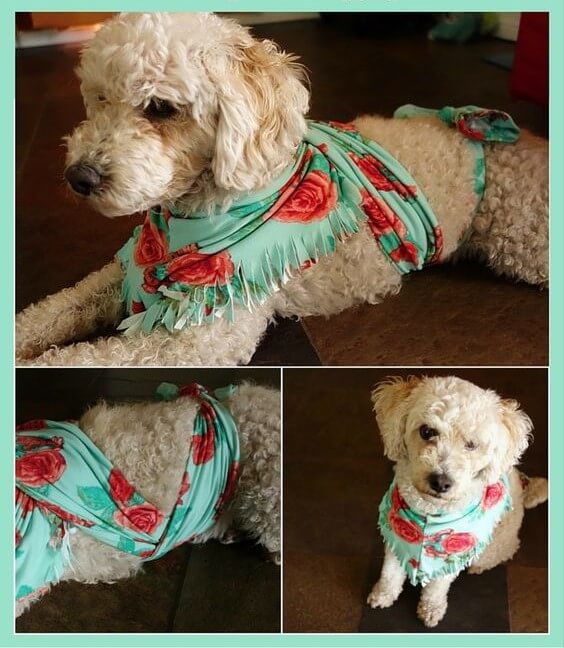
Lastly, the kindest thing that you can do to help your dog calm down during fireworks is to stay at home with your dog… and while you are at home, show your dog that having the fireworks event is normal - your dog looks up to you (the Alpha) when things get confusing. So, it is best to stay calm yourself and act normal when your dog starts to get stressed out.
However, if you can’t be at home with your dog, ask someone to be with your dog and follow the steps mentioned above.
 The Dogline
The Dogline







